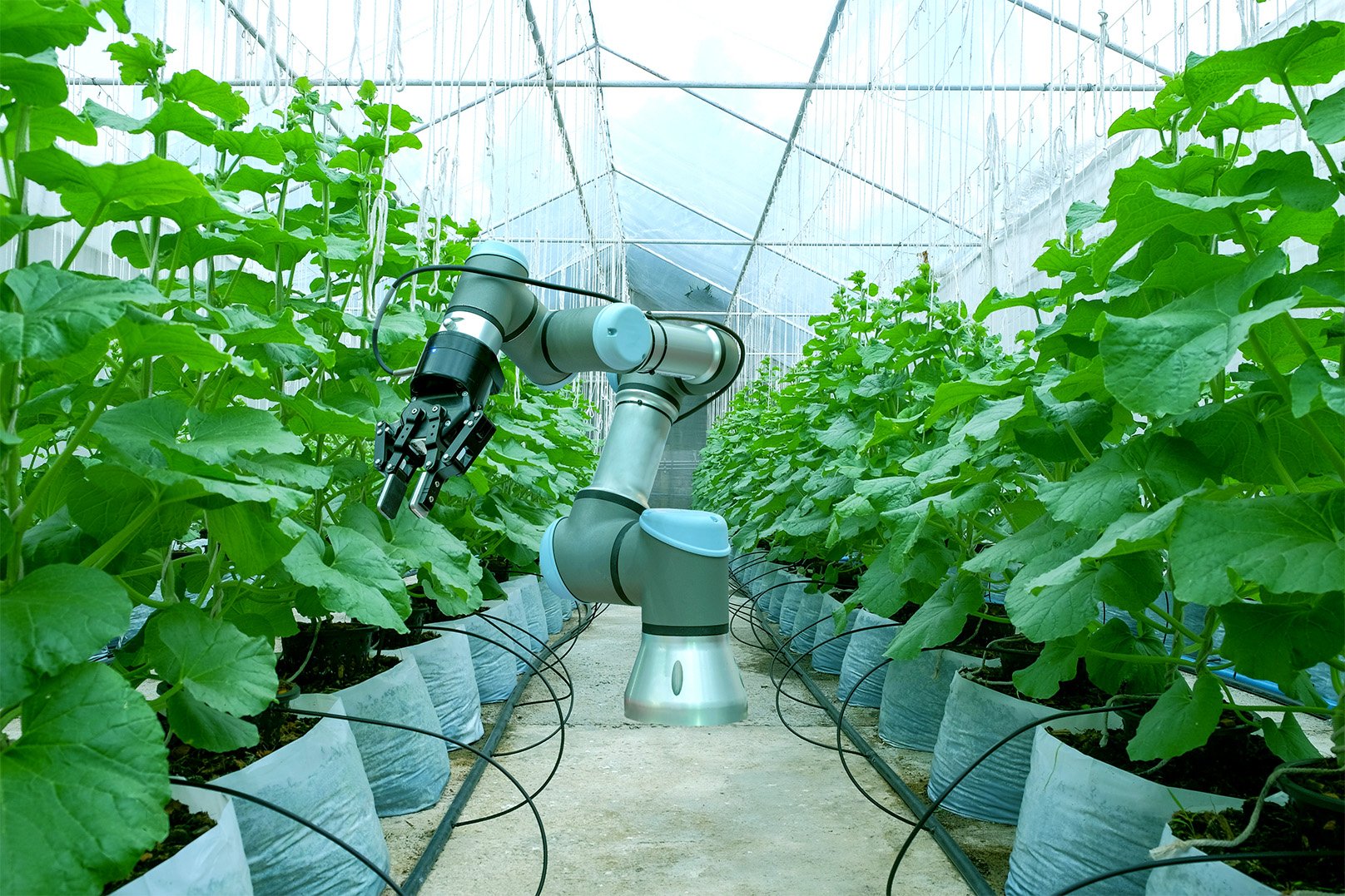How We Will Eat in the Future
Are personalised food prescriptions becoming a healthy reality of the future?
FUTURE PROOF – BLOG BY FUTURES PLATFORM
Our eating habits have dramatically changed over the last decades. Although wider culinary options are pleasing us, unhealthy diets are inviting chronic illnesses and various health risks. We are urged to eat healthier while the emergence of new technologies and ingredients are rapidly changing our food world. Would you change your diet if your doctor would prescribe the secret ingredient for a healthy life?
FOOD AS MEDICINE
Food speaks a lot more about ourselves than we think. We choose what to eat based on various parameters – the mood of the day, budget, cultural or religious taboos and more.
As a French gastronome once said, what we eat tells about who we are. Food strongly reflects our personal preferences.
And more importantly, our bodies are sustained by nutrients we take from our everyday meals, and the nutritional content influences our physical, mental, and emotional well-being.
Bad dietary habits can cause many chronic diseases, while healthy ones can act as preventive health care. Food is also deeply intertwined with our mental health.
Research is being conducted to explore the link between diet and our daily mood. In the future, our everyday diet could act as a mirror to show our holistic health condition.
FOOD PRESCRIPTION
A healthful diet can undoubtedly act as strong preventive health care for us. Then, why not push it a little bit further?
Our modern world is enjoying more personalised services such as coaching, shopping, and more. Medicine is no exception. As one treatment does not fit all patients with similar symptoms, personalised medicine to enable tailored treatments per patient is raising high expectations.
Personalised food prescriptions based on genome sequencing, and molecular or cellular analysis is also a possibility.
Doctors in the future could be prescribing healthy foods for patients based on their fundamental biology. Holistic nutrient care with personalised counselling and prescription could flourish as a new form of health management.
FUTURE FOOD PRODUCTION: MORE PLANT AND INSECTS
Then how will we source the nutrients prescribed by doctors? One thing we must not forget is that the landscape surrounding the food industry is rapidly changing.
Technologies are continually advancing to increase productivity and enhance nutrients. For example, genetically engineered food has been mass-produced for the past decades, although it is not yet free of controversy.
The climate crisis has been driving another trend in the market. Alternative meat is seeing the boost in sales these days as we are getting more conscious about the carbon footprint of our everyday diet.
While traditional livestock farming is being more and more avoided due to environmental and ethical concerns, plant-based meat is gaining popularity with its acclaimed taste.
In addition, insect protein is gathering attention as it is believed to be able to fulfil the increasing demand for protein by the growing population.
Although it has not gone mainstream yet, various nutrients such as protein and fibre obtained from bugs are believed to be richer than those found in fish and meat.
It can be expected that we will be eating a wider variety of plant and insect-based products in the coming years.
FUTURE FOOD PRODUCTION: MORE SCIENTIFIC COOKING
Another question is how to prepare personalised meals prescribed by doctors every day. Even if we have a perfect nutrition prescription in our hands, it can be useless without proper cooking to extract the full benefit of nutrients from food.
Here, one answer could be food preparation by molecular gastronomy. It is a new area in science to approach food and culinary art in a more scientific way, such as through physics and chemistry.
Molecular gastronomy aims to heighten the taste and nutritious effect of food by applying cooking techniques that are scientifically designed. For example, slowly cooking ingredients in a vacuum-packed bag in a perfectly temperature-controlled pan to best extract the nutrients.
Plant-based meats and edible insects are still developing. Molecular gastronomy has the potential to bring out the best nutrients from them by meticulously analysing the most suitable cooking techniques from a scientific point of view.
FOOD AS A SERVICE
The meal prepared with molecular gastronomy has the potential to offer the nutrients precisely as prescribed by a doctor. However, molecular gastronomy is not for everyone – it requires skill and time for preparation, most likely by professional chefs.
Thus, service surrounding food will play a critical role in the future. Today we are embracing the rapid evolution of 3D printing technology and also robot chefs. With the further advancement of these devices, it may become possible for printers or robots to generate molecular gastronomy meals by using more sustainably and alternatively produced ingredients.
And we might not even have to worry about maintaining these types of equipment at home. As we see the rapid growth of subscription businesses, food could be another option of subscription. Instead of hassling over grocery shopping and cooking every day, food subscription to receive tailored meals based on personal nutrient prescription may be our mainstream dietary practice in the future.
TO UNDERSTAND HOW WE WILL EAT IN THE FUTURE
To write this article, Futures Platform’s futurists have collected the data from different phenomena and studied linkages between them. Here are the three colliding phenomena that are covered in this article to envision the future of food and eating.
Food and Nature as Remedies
Healthcare is moving from a medicinal, disease-curing focus toward holistic management of human well-being. New health approaches highlight the importance of prevention and acknowledge the importance of nature and nutrition in improving and maintaining physical and mental health.
Personalised Medicine
Personalised medicine embraces the fact that we are all unique, and one treatment doesn’t fit all patients with similar symptoms. The new tools of personalised medicine rely on technologies, such as genome sequencing, molecular or cellular analysis, or data and informatics, that confirm a patient’s fundamental biology. The main objective of personalised medicine is to allow the physician to initiate tailored treatments or even preventative treatment before the disease appears in their patient.
Molecular Gastronomy
Molecular gastronomy is increasingly used to develop and manufacture new dishes. In practice, this means using natural sciences to gain knowledge of food, cooking and the pleasure eating brings. Molecular gastronomy will probably influence eating trends in the future, with the potential of fundamentally changing the entire food culture.
Apply for a free trial on our digital foresight solution Futures Platform and access a database of hundreds of future phenomena curated by leading futurists.





In the era of curated experiences, food personalisation is on the cusp of becoming the next big health and wellness solution – but at what price for the consumer, and at what cost to those experiencing food insecurity? Can the industries involved collaborate to efficiently bring these bespoke foods to market without exacerbating (or possibly even alleviating) the global food shortage?